10 Doctor-Approved Drinks That Will Help You Naturally Lower Your Blood Pressure
Managing blood pressure isn’t just about numbers on a monitor—it’s about creating routines that help you feel balanced, vibrant, and in control. While medications and exercise play a crucial role, the everyday choices we make—especially what we drink—can deliver powerful support for heart health. Sometimes, sipping the right beverage can offer a gentle nudge in the right direction, particularly when the journey to lower blood pressure feels daunting or overwhelming. The good news? Science shows that nature’s pharmacy is brimming with flavorful drinks that can encourage healthy blood flow, support relaxed blood vessels, and add a bit of variety to your daily diet. These doctor-approved options come from both the produce aisle and the kitchen cupboard, and most can be easily enjoyed without disrupting your usual routine. And if you’re just beginning to think about your blood pressure, take heart: small, steady changes often lead to the most sustainable improvements. In the following list, you’ll discover 10 doctor-approved drinks—with friendly explanations, helpful preparation tips, and a gentle reminder to always check with your healthcare provider, especially if you have specific health conditions or take regular medication. Each option is rooted in research and chosen with real-life ease in mind. Cheers to practical self-care, one glass at a time!
1. Beetroot Juice
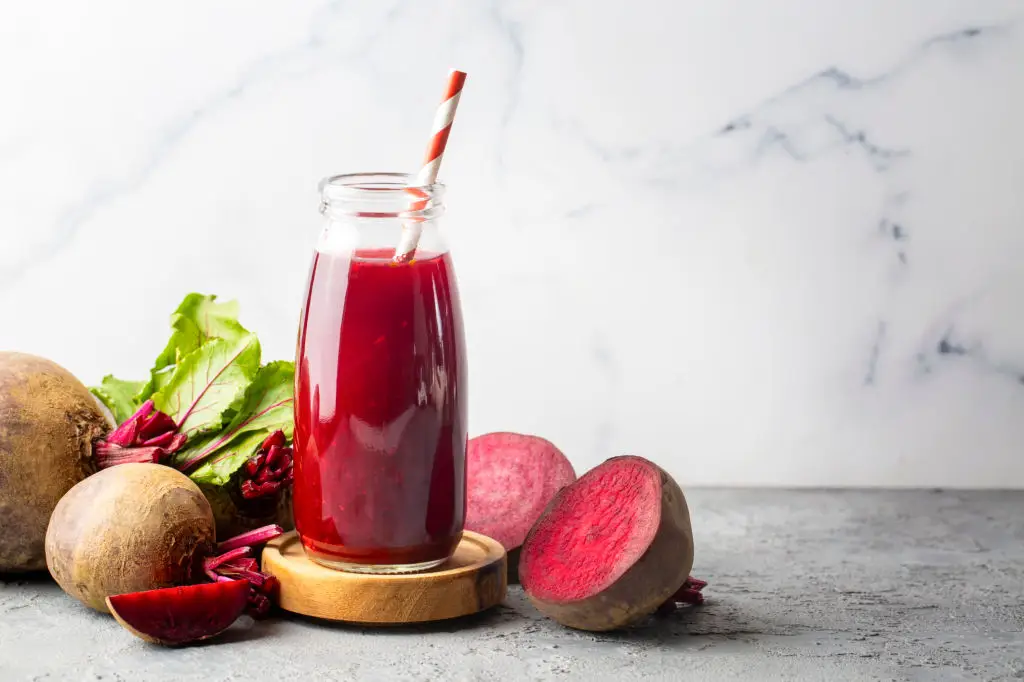
Beetroot juice is a deep-colored powerhouse that’s brimming with heart-friendly benefits. Doctors and researchers alike point to its rich supply of dietary nitrates, which help your body create more nitric oxide—a compound that naturally relaxes and widens blood vessels. This gentle process is key for lowering blood pressure, as it allows blood to flow more freely with each beat of your heart. A 2016 clinical study demonstrated that raw beet juice delivered a greater blood pressure-lowering effect than cooked forms, highlighting the value of “fresh is best” when it comes to preparation. Some people prefer juicing beets at home for the freshest flavor, while others use pre-made juice or convenient powders stirred into water. The typical suggested serving is about one cup (eight ounces) per day, though individual preferences vary depending on taste and tolerance. Beetroot juice does have an earthy, slightly sweet flavor, which some folks tone down with citrus or apple. It’s also worth noting that those with a history of kidney stones should check with their doctor before making beetroot juice a daily habit, as it contains naturally occurring oxalates. Overall, it’s a vibrant choice worth trying as you build a BP-friendly hydration routine.
2. Tomato Juice (Unsalted)
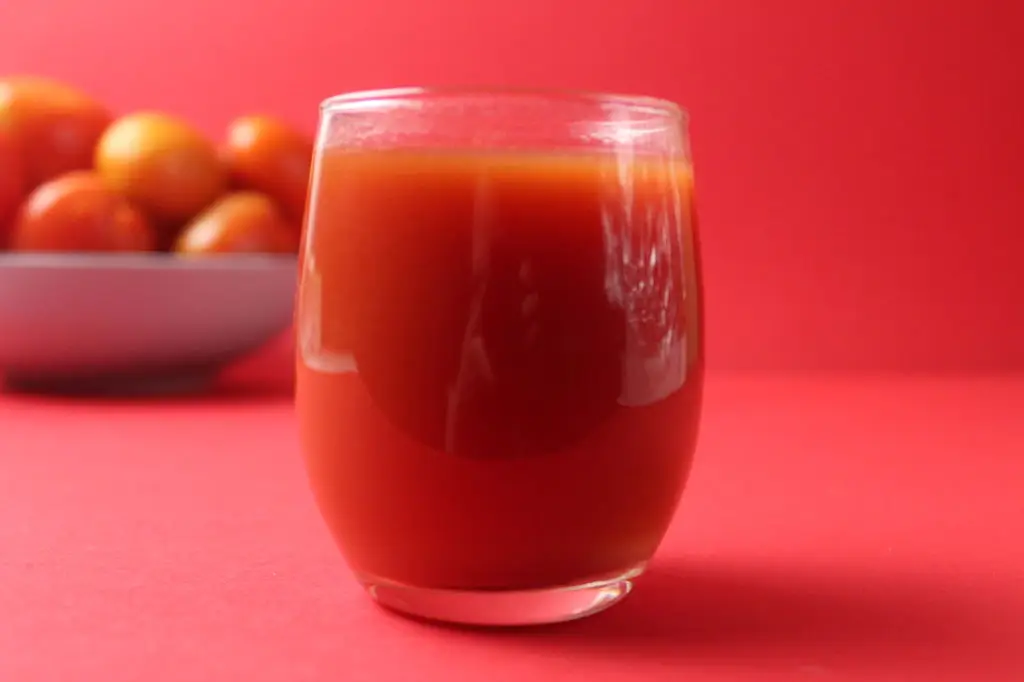
Unsalted tomato juice is much more than a savory brunch favorite—it’s a proven partner in heart health. Thanks to its natural supply of potassium and lycopene, this drink gently supports healthy blood pressure and cholesterol levels. A 2019 Japanese study highlighted that just one cup daily helped participants see meaningful improvements in both their systolic and diastolic blood pressure—and even nudged their cholesterol in a positive direction. To get the most benefit, reach for 100% tomato juice labeled “unsalted.” Sodium can work against your goals, so reading labels is a helpful step when scanning supermarket shelves. Many people find one cup (about eight ounces) per day to be a satisfying addition to breakfast or even as a midday snack. Tomato juice’s bold flavor isn’t for everyone, but it mixes well with a splash of lemon or a pinch of pepper. If you’re concerned about store-bought options, homemade juice using ripe tomatoes is always a delicious alternative. And remember, if you have kidney issues or take certain blood pressure medications, it’s wise to talk with your doctor about the best way to fit this heart-supporting drink into your daily routine.
3. Pomegranate Juice
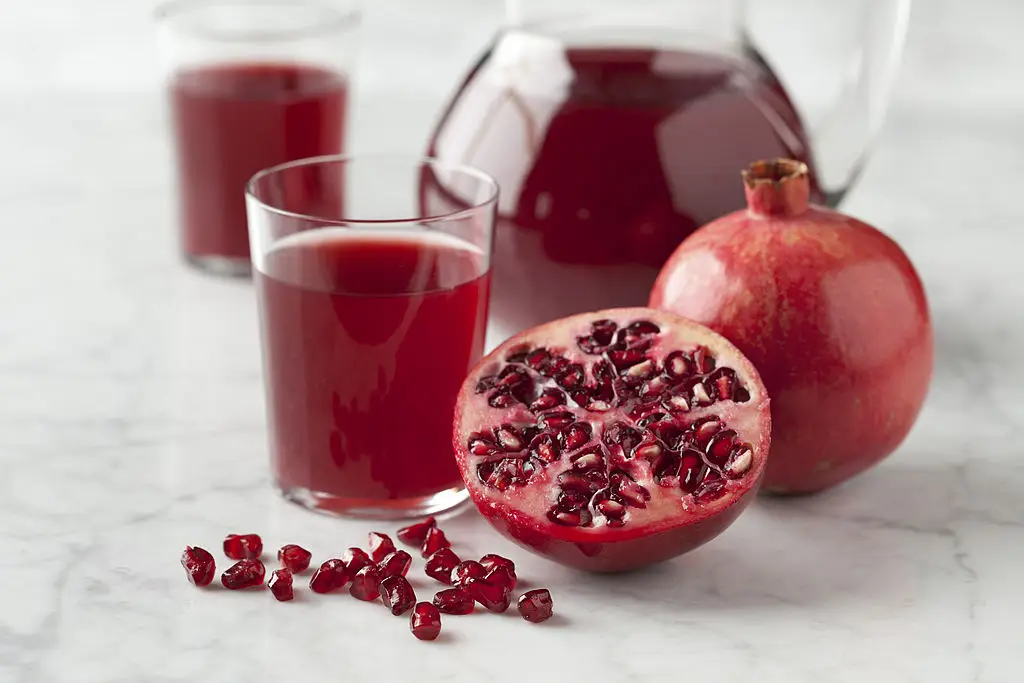
Pomegranate juice brings a bold pop of color and nutrition to your glass. Packed with powerful antioxidants and anti-inflammatory compounds, it’s been spotlighted in multiple clinical trials for its ability to promote healthy blood flow and gently lower blood pressure. A recent review of 14 clinical trials found consistent reductions in both systolic and diastolic blood pressure among those enjoying pomegranate juice regularly. When shopping, look for 100% pure pomegranate juice with no added sugar. The natural tartness can be surprising at first, so many people mix it with a sweeter juice or enjoy it chilled over ice. Typical servings range from half a cup to one cup per day, but as always, check in with your provider, especially if you’re managing medications. Pomegranate juice may interact with certain drugs, such as blood thinners or medications for high cholesterol. Accessible, flavorful, and scientifically supported, pomegranate’s vibrant juice is a welcome addition to heart-healthy routines. It’s a striking way to turn self-care into a daily delight—one refreshingly tangy sip at a time.
4. Berry Juices (Blueberry, Cranberry, Cherry)
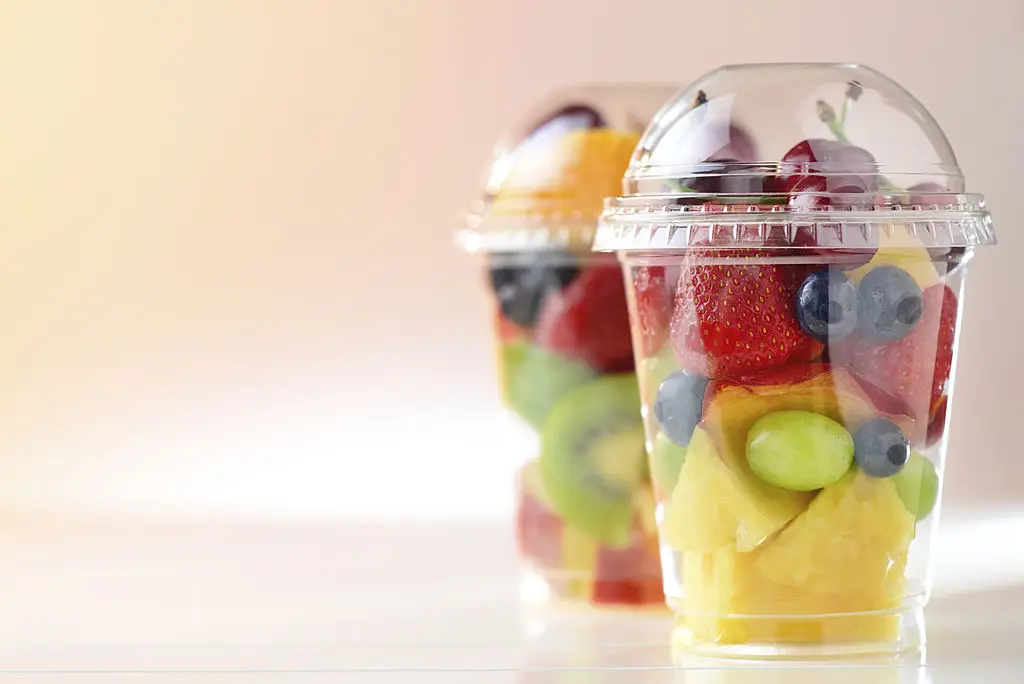
Berry juices—especially blueberry, cranberry, and cherry varieties—offer a flavorful way to weave more antioxidants into your day. These vibrant juices are celebrated for their abundance of polyphenols and anthocyanins, which have been linked to better vascular health. Research suggests their regular intake can help lower systolic blood pressure and improve overall heart wellness with their anti-inflammatory punch. Blueberry juice, in particular, is gaining extra scientific spotlight for its potent antioxidant properties. When choosing a store-bought option, aim for juice with no added sugar or artificial ingredients—quality matters! Or, if you have the time, blending your own berries at home enables you to control both sweetness and flavor. A daily serving of four to eight ounces is a common starting point. Cranberry and tart cherry juices have their own beneficial qualities, too, lending variety and taste to your routine. These juices are tangy, naturally sweet, and easy to swirl into smoothies or dilute with sparkling water for a refreshing twist. However, if you are watching your sugar intake or take blood thinner medication, be sure to loop in your healthcare provider to design the best plan for your needs.
5. Skim or Low-Fat Milk
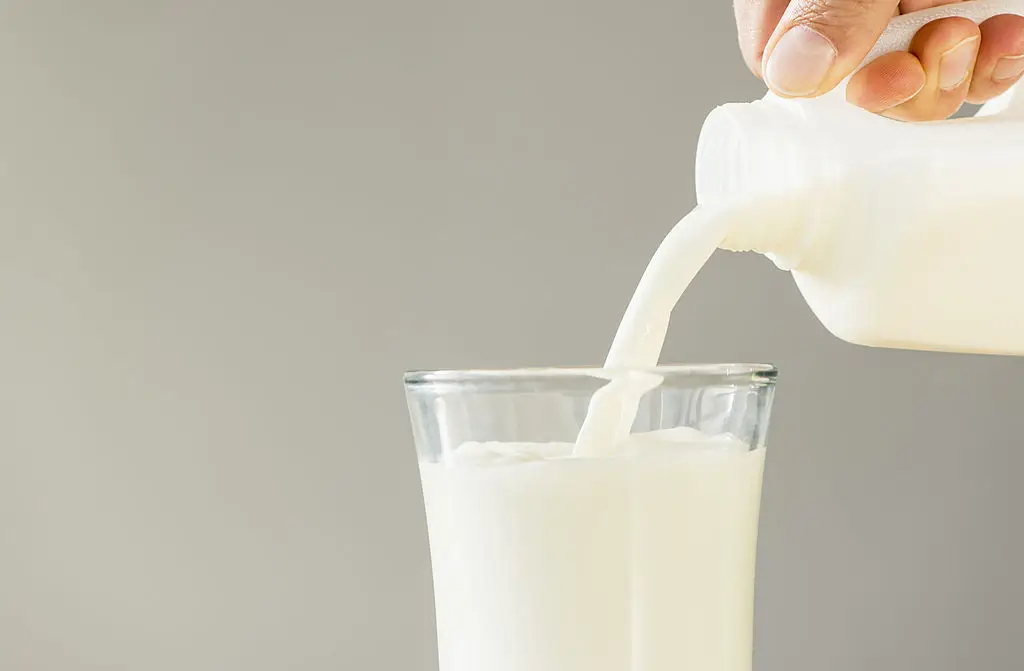
Sometimes simple choices offer the strongest impacts—like swapping full-fat dairy for skim or low-fat milk. This staple of the DASH (Dietary Approaches to Stop Hypertension) diet provides a steady dose of calcium, potassium, and phosphorus, all key nutrients for maintaining healthy blood pressure. Doctors often recommend these lighter milks both for their heart-smart profile and because they fit easily into most routines. A glass of skim or low-fat milk pairs beautifully with breakfast, as a snack, or blended into a fruit smoothie. Look for lactose-free alternatives if you experience dairy discomfort—many brands offer options suitable for sensitive stomachs. Around one cup (eight ounces) per day is a realistic and effective amount, though individual preferences and dietary needs always come first. While this drink is a classic, it’s not for everyone. Folks who are lactose intolerant or have dairy allergies should skip it in favor of equally heart-friendly alternatives. For most, though, the creamy taste and nutritional punch make this an easy and sustainable habit for better blood pressure control.
6. Hibiscus Tea
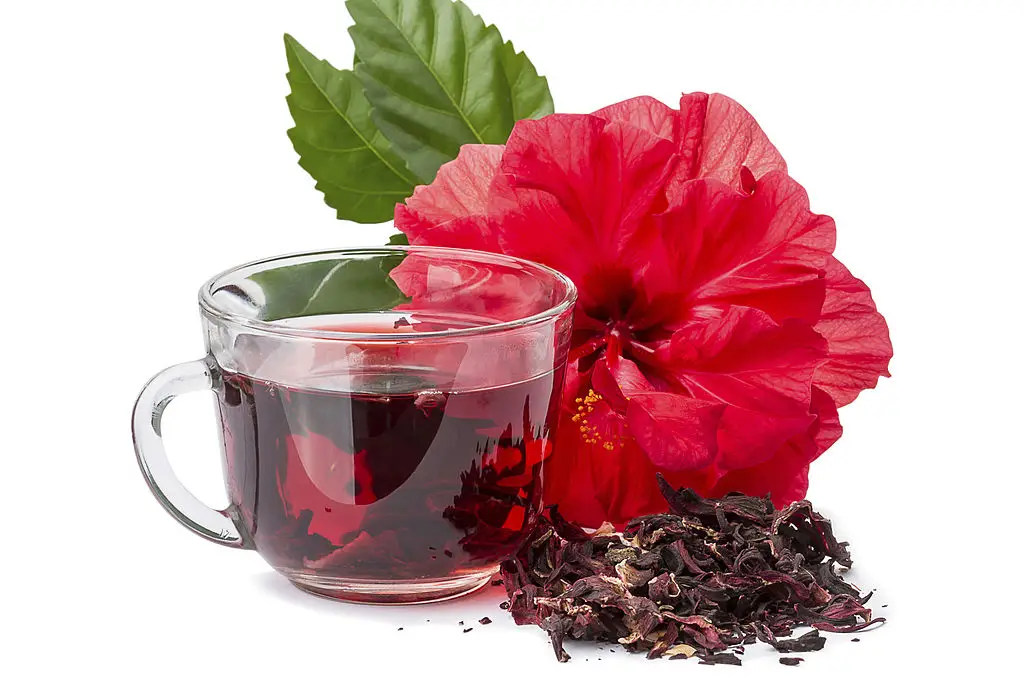
Hibiscus tea is a beautiful red herbal infusion known for its gentle, natural support of healthy blood pressure. Emerging evidence highlights its potential to help relax blood vessels and encourage smoother circulation. Many folks enjoy both the subtly tart flavor and vibrant color this drink adds to their daily self-care rituals. Preparation is easy: simply steep dried hibiscus flowers (available in most grocery or health food stores) in hot water for 5-10 minutes. Sweeten lightly with honey if desired, or chill over ice for a refreshing summertime option. Most people start with one or two cups a day and adjust according to taste. While hibiscus tea is generally safe for most adults, it may not be suitable during pregnancy or when taking certain medications, including some blood pressure drugs or diuretics. If you’re new to herbal teas or curious about potential interactions, a quick chat with your healthcare provider can offer peace of mind. Sipping hibiscus tea can turn an ordinary break into a small act of nurturing—and a step toward more balanced blood pressure.
7. Green Tea
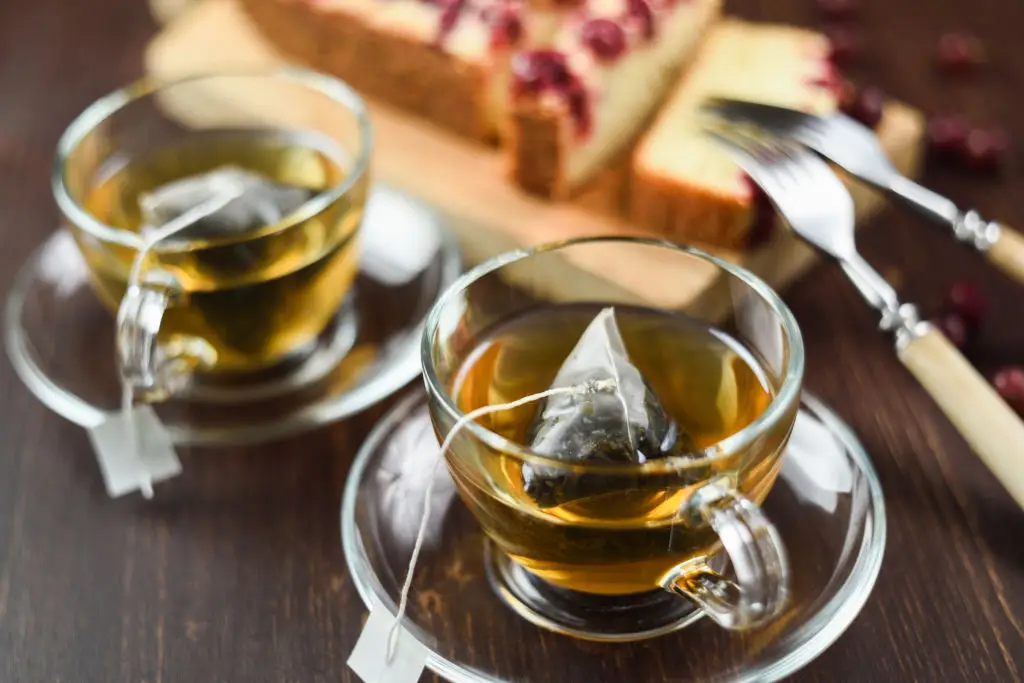
For centuries, green tea has been cherished for its gentle lift and impressive antioxidant profile. Today, researchers know that this time-honored drink can do more than invigorate—it also shows promise for supporting healthy blood pressure. Thanks to its potent catechins, green tea may help relax blood vessels and promote steady, harmonious circulation. Most experts suggest that two to three cups per day, either hot or iced, is a smart addition to a wellness plan. Steep green tea leaves for just two or three minutes to keep it from turning bitter and enjoy plain, with a slice of lemon, or a little honey. This drink’s mild flavor makes it easy to include throughout the day, whether at breakfast or in the afternoon. Keep in mind, green tea does contain caffeine—less than coffee, but it may still affect those sensitive to stimulants. Drinking earlier in the day can minimize any impact on sleep. The elegant simplicity of green tea turns hydration into a thoughtful, heart-healthy ritual.
8. Watermelon Juice
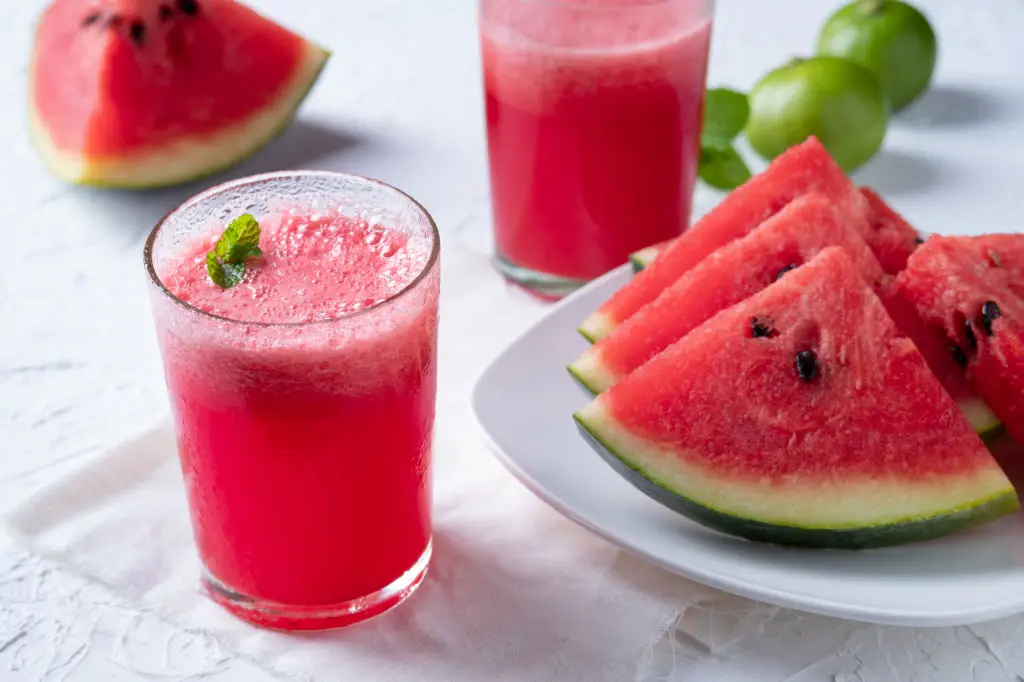
Watermelon juice isn’t just a taste of summer; it’s a naturally sweet thirst-quencher packed with nutrients that support vascular health. Rich in L-citrulline, an amino acid that helps the body produce nitric oxide, this refreshing drink promotes relaxed blood vessels and can subtly assist in lowering blood pressure. Making watermelon juice at home is as easy as blending fresh cubes and straining if you prefer a smoother texture. The result is a delicious, hydrating drink perfect for breakfast or a post-walk treat. While research is ongoing, some studies point to regular watermelon consumption as a way to ease mild hypertension. Watch for natural sugars—watermelon is sweet, so if you have diabetes or concerns about sugar levels, check with your provider about portion sizes. Many find a cup or two daily both satisfying and supportive. For a boosted flavor, consider adding a squeeze of lime or a dash of mint. With watermelon juice, heart health feels more like a celebration than a chore.
9. Coconut Water
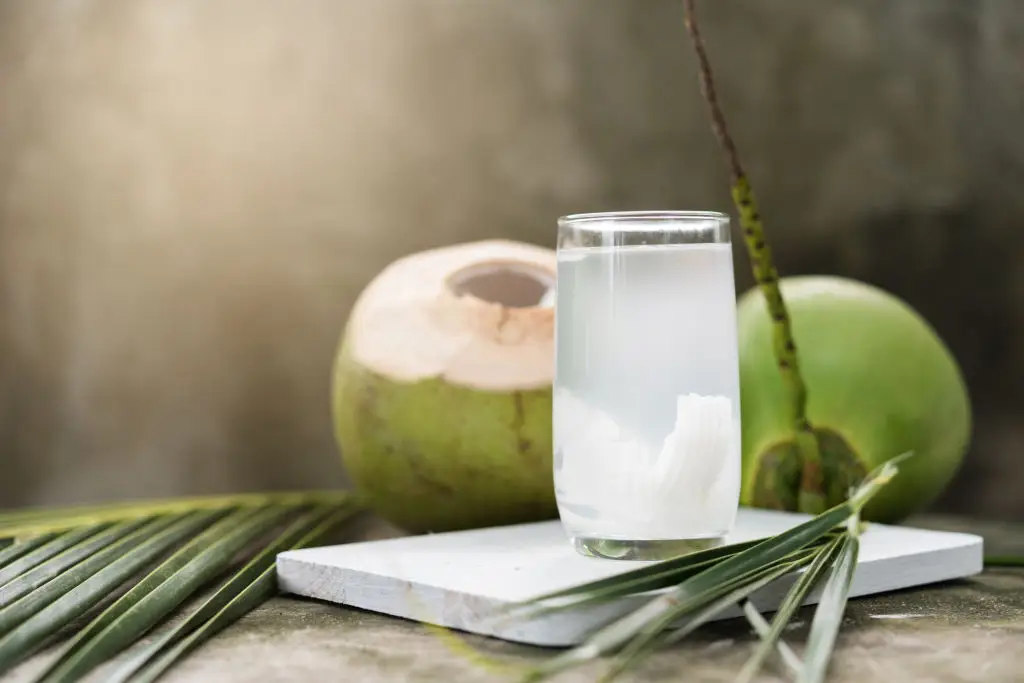
Coconut water is nature’s electrolyte drink, delivering natural potassium, magnesium, and just the right touch of sweetness. Research suggests it can play a helpful supporting role in maintaining healthy blood pressure levels, especially for those prone to dehydration or who want a low-calorie alternative to sugary sodas. Opt for unsweetened, pure coconut water when possible—many store-bought varieties are shelf-stable and easy to carry on the go. Most people enjoy eight ounces daily as an afternoon refresh or after a workout. Its lightly tropical flavor is a vacation in a glass but still mild enough for everyday sipping. While coconut water is safe for most, it’s wise for those with kidney disease or heart issues to consult their doctor, as its high potassium content may not suit all situations. For many, though, coconut water is an accessible, naturally hydrating way to nurture cardiovascular wellness—one small carton at a time.
10. Plain Water (Hydration)

Never underestimate the gentle power of plain water. Staying well-hydrated is fundamental to overall wellness—and directly helps regulate blood pressure by supporting proper blood volume and vascular function. Dehydration, even mild, can make it harder for your heart to do its job. Most adults benefit from sipping water throughout the day, aiming for clear or light-colored urine as a helpful hydration gauge. There’s no magic number for ounces, but making water your beverage of choice can pay off in sustained energy and steadier blood pressure numbers. Those who find plain water a bit dull might try flavoring it with fresh citrus, cucumber, or berries. Water’s simplicity is its greatest strength: affordable, available everywhere, and well-suited to nearly every lifestyle. Keeping a filled water bottle nearby is a small but mighty act of kindness you can offer your heart—no effort required, just presence, and a steady sip or two at a time.
Nurturing Heart Health, One Sip at a Time

As you explore these doctor-approved drinks, remember that true wellness thrives on little, loving habits repeated day after day. Lowering blood pressure is rarely about grand gestures or instant fixes; more often, it’s built on practical, sustainable choices—like the beverages you bring to your table. Every glass or cup you enjoy is a vote for your vitality, a reflection of self-care that extends far beyond numbers. No single drink will transform health overnight, but together they become a gentle form of support, fitting seamlessly into the rhythms of daily life. Let these options inspire curiosity and joy rather than pressure—try new flavors, notice which drinks help you feel refreshed and at ease, and trust that progress is never wasted. Most of all, don’t hesitate to reach out to your healthcare provider. They are your allies on this path, ready to personalize suggestions and keep you safe. Here’s to nurturing your heart, embracing small victories, and savoring simple pleasures. After all, every step toward better blood pressure is a step toward a fuller, more vibrant life—one mindful sip at a time.